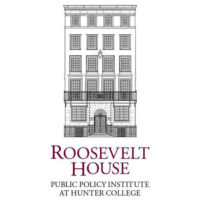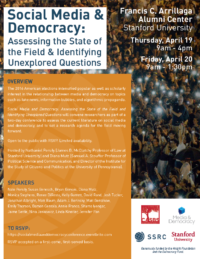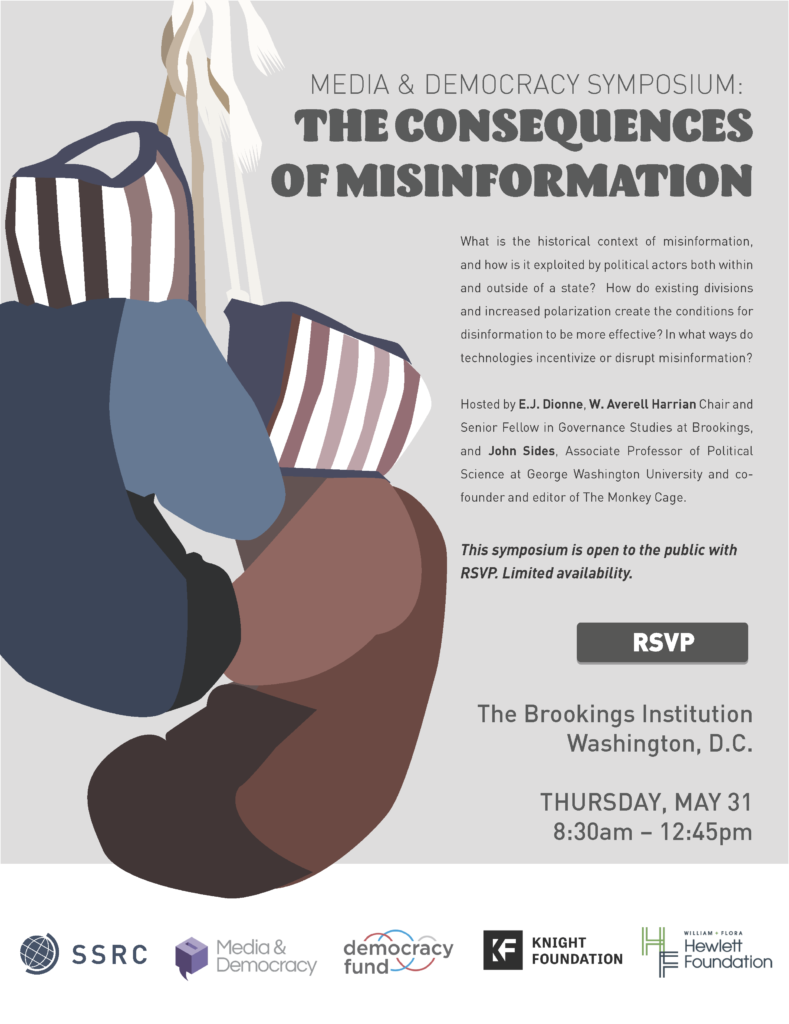Digital Culture
Social Science Knowledge and Its Future
In this talk, Ken Prewitt will reflect on the past half-century of social science research, a “golden era” marked (in the U.S.) by the arrival of “big science,” the huge increase in readily-available government data, the significant dedication of foundation funds, the explosion of numbers in both PhDs and job opportunities, and the growth of a policy enterprise. As features of this golden era fade, Prewitt will identify a few key features emerging in the search for a new platform for advancing the social sciences. Lecture by: Kenneth Prewitt, Carnegie Professor of Public Affairs, Columbia University Kenneth Prewitt — Carnegie Professor (SIPA);
Social Media and Democracy: Assessing the State of the Field and Identifying Unexplored Questions
The 2016 American elections intensified popular as well as scholarly interest in the relationship between media and democracy on topics like fake news, information bubbles, and algorithmic propaganda. “Social Media and Democracy: Assessing the State of the Field and Identifying Unexplored Questions” was the Media & Democracy program’s inaugural event. It convened researchers as part of a two-day conference to assess the current literature on social media and democracy, and set a research agenda for the field moving forward. Conference chairs: Nate Persily, James B. McClatchy Professor of Law, Stanford University Diana Mutz, Samuel A. Stouffer Professor of Political Science
Confronting Algorithms of Oppression
Safiya Umoja Noble, Assistant Professor of Communication at the University of Southern California, gave a public talk on her new book, Algorithms of Oppression: How Search Engines Reinforce Racism, on Monday, May 14th at the Roosevelt House at Hunter College. Algorithms of Oppression contests the idea that search engines are unbiased marketplaces of ideas. Rather, Noble argues that search engines reflect the underlying power structures of the societies in which they are built, and often weaken the voices of historically underrepresented groups. Following Prof. Noble’s talk, Meredith Broussard, Assistant Professor at the Arthur L. Carter Journalism Institute, New York University and author of Artificial
The Consequences of Misinformation
The spread and correction of false information has historical roots in sensationalist journalism, political disagreement, foreign espionage, state, religious or ethnic propaganda, and partisan debates: a collection of approaches far richer than suggested by the phrase “fake news.” “The Consequences of Misinformation” was a symposium on the history, circulation, and management of misinformation (untruths circulated without the intention to deceive) and disinformation (untruths intended to deceive). The symposium was informed by social scientific and journalistic perspectives on the most effective means of understanding and countering false information, even as it explores the challenges in doing so. The panelists spoke to
SSRC Labs Offers Free, Interactive Online Course
The Digital Culture program’s SSRC Labs, teaching resources created in collaboration with partners in the digital humanities and computational social sciences, now includes a free, interactive online course on “Managing Qualitative Social Science Data,” developed in collaboration with the Qualitative Data Repository.



